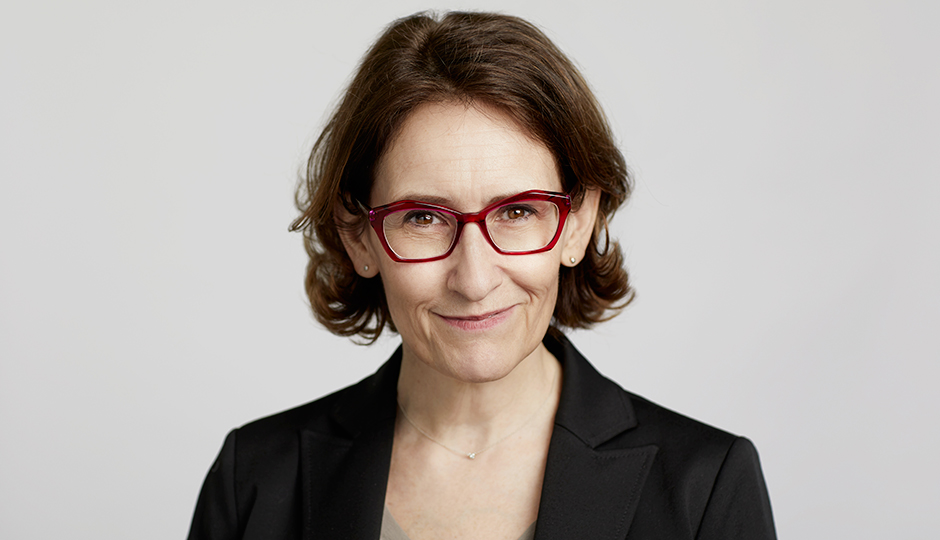
It was a mixed record for 2021, a year of tremendous achievements and lingering challenges. It would be difficult to write this message without touching upon the availability of COVID-19 vaccines just a year after the start of the pandemic. On January 9, 2022, 59.1% of the world’s population received at least one dose and 50.2% had two1.
The speed at which the vaccines were developed and astounding capacity to produce and distribute them in a world at a virtual standstill certainly qualify as feats. That said, we still face major obstacles. Very few healthcare systems can withstand the successive waves of infection. More importantly, the pandemic and vaccination campaigns have exacerbated inequalities. Of the 59.1% of the global population that received an initial dose, only 8.9% are citizens of low-income countries. Not only is the vaccine coverage inequitable and hardly justifiable from a societal perspective, it fosters the development of new mutations of the virus and their spread (Tedros Adhanom Ghebreyesus, director-general of the World Health Organization.
Another article on COVID-19? Not exactly. Among the successes and shortcomings of 2021 is another realization of note that garnered international attention: an origami project weighing 6,200˚kg and extending 10.5 metres high and 4.5 metres wide when folded that will work 1.5 million kilometres from Earth. Of course, I mean the James Webb Space Telescope. Featured in every media outlet for several days, the space observatory—the most complex and powerful ever built—captured the interest of many (not just scientists) and maybe even helped create new vocations. The outcome of an international collaborative effort by NASA, the European Space Agency and the Canadian Space Agency, the telescope is an amalgam of scientific and technological excellence deployed to observe the early galaxies that came into being at the start of the Big Bang and perhaps provide answers to a question that strikes our collective psyche: is there life out there? Those objectives, which may not seem to have tangible impacts in our everyday lives, could provide insights into one of the most serious crises we are facing: climate change. The New York Times published an excellent article on the Webb space telescope and its…scope.
So, what do a vaccine and a telescope have in common? They are the culminations of two fascinating scientific adventures that highlight the importance of:
- basic research and ongoing support for its development since both were made possible by decades of work;
- open science and international collaboration;
- the mobilization of academic and private stakeholders recognized for their excellence in their respective fields around an ambitious objective; and
- consideration for the future of our planet (the common good, equity, sustainable development) as the core issue we must resolve or our objective.
In 2022, we will release the strategic plans of the Fonds de recherche du Québec, with a focus on 1) diverse, creative and agile research talent; 2) Québec’s leadership role in basic and curiosity-driven research; and 3) research as a critical tool to address societal challenges. Those directions are in line with the four elements listed above, which serve as the basis for inspiring, mobilizing and ambitious projects. As far as the Fonds Santé, our strategic plan and its objectives will support research that transforms our approaches in health and is in tune with society and its diversity for sustainable health: a vital resource for individual development and socioeconomic prosperity.
But we cannot attain that objective without the contribution of all our community members, in every sector and speciality. In this International Year of Basic Science for Sustainable Development proclaimed by the UN, I have decided to give the floor to my colleagues, who will share what motivates them, how they support the vision and the space they see for new talent—today’s students and tomorrow’s researchers—in this transformation. Stay tuned for more.
Building on that, the entire FRQS team and I would like to wish you a productive new year of fascinating research and results that continue to advance our knowledge for better global—and sustainable—health!
Carole Jabet
Scientific director FRQS
1 Hannah Ritchie, Edouard Mathieu, Lucas Rodés-Guirao, Cameron Appel, Charlie Giattino, Esteban Ortiz-Ospina, Joe Hasell, Bobbie Macdonald, Diana Beltekian and Max Roser (2020) – “Coronavirus Pandemic (COVID-19)”. Published online at OurWorldInData.org. Retrieved from: ‘https://ourworldindata.org/coronavirus‘ [Online Resource]
